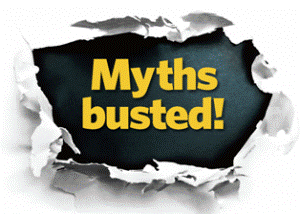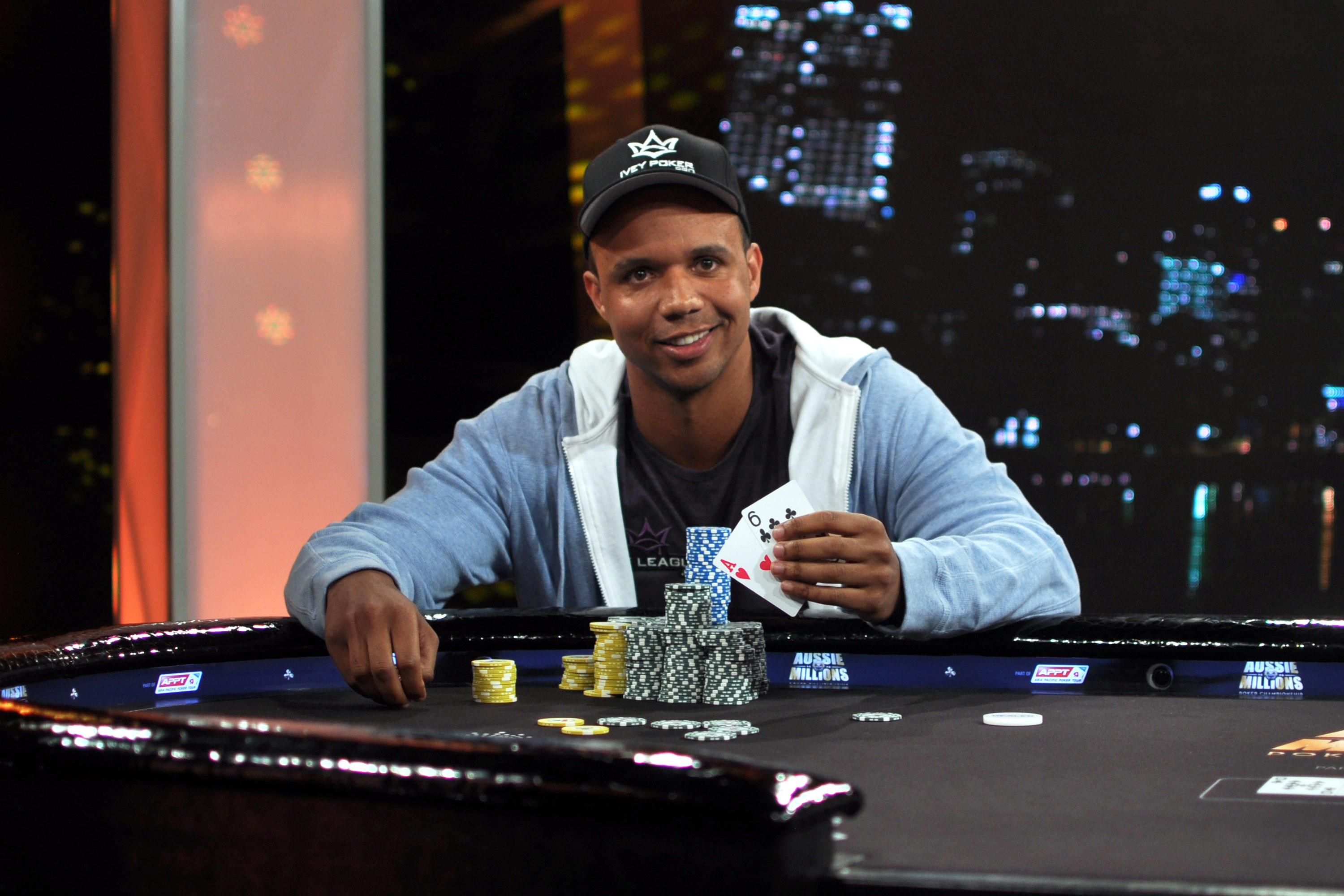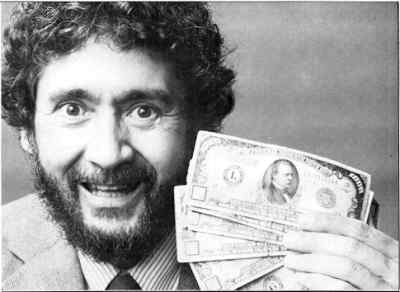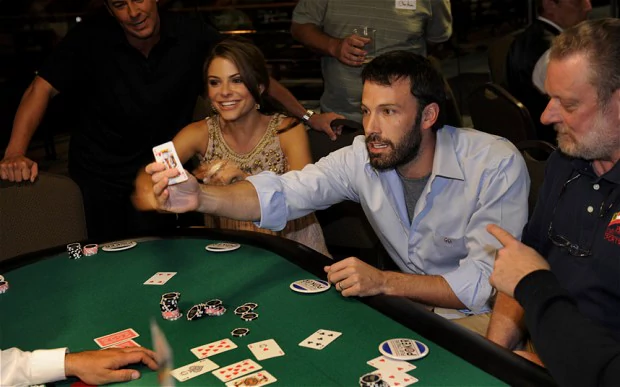Smartphone rehab exists. Once the realm of sci-fi forebodings that drew gasps of disbelief in Philip K.Dick novels, online overdosing and children committing suicide, prompted by video games such as World of Warcraft, also exist. And intensive recovery programs for teenage gambling addiction have been recently making the headlines, if only too little, too late.
A nightmarish squad of modern bogeymen- from television, alternative reality games to online Texas Holdem and casino pokies- is marching out from under the bed under the spell of dark technology that is designed and intended purely to glue children to the screen. And their parents' credit cards.
In late adolescence, the side effect of these digital temptations will translate into alarming teenage gambling statistics. How exactly are teens getting their online fix?
Fruit Machines Are the New High.
What types of gambling do children engage in and how often? A report of ill omen is already previewing the near future. The Gambling Commission, a government regulatory body in the UK, revealed that 11-15 year olds gamble on a weekly basis.
In total, some 450,000 children in England and Wales alone hit the reels while 9,000 of these succumb later to teenage gambling addiction.
Gambling is becoming a staple of childhood. In this order, the most popular gambling games for children are:
- Fruit machines– 5%
- Placing a private bet with friends- 5%
- Playing cards for money with friends- 4%
- National Lottery scratchcards- 4%
The only reason you don't see children making bets at the racetrack is because most countries place age restrictions. In some states in the US, the limit is 18 years old.
Having been denied access to the highway of gambling, kids turn the wheel to more informal avenues. They play cards or engage in friendly bets with friends after they are made aware of esports events through TV advertisements.
Australia has recently banned gaming advertising on national television before 8.30 pm but critics and media have called the policy “more hype than hope” since on-air mentions of betting odds are still in place while no parents will put their older kids to sleep during Grand Prix events. And these run in the late hours of the night.
First-grade children get acquainted with the gambling world inadvertently. They stumble on a website that pops open a gambling advertisement or the corner shop that sells prepaid cards containing points to be cashed in a game.
Signs Your Child Is Gambling
- Is your child asking for a raise in his monthly pocket money? Ask back for a reason.
- Check your wallet for missing credit cards or your bank account for missing money.
- Search the house for any missing items.
- Is your child's interest in money growing by the day? Does it look like he's obsessed with sport events, smartphone games or sports scores? Find out the reasons.
Prozac Nation? More Like Casino Planet
Psychiatrists stress how peer pressure, depression, isolation, and an instinctual tendency to addictive behavior play a pivotal role in the popularity of gambling among children.
These are the deep wells of teenage gambling addiction and specialists say that gaming belongs to the same family as smartphone, tablets, sugar, drugs, and alcohol.
Digital and gambling addictions may not be listed in the Diagnostic and Statistical Manual of Mental Disorders (DSM), but in order to numb themselves from inside turmoils, children turn to them driven by the same itch that knocks others into substance abuse.
Kids see it differently. The survey indicates that teenagers' incentives to play the game mirror the basic cravings of an early adult.
• 24% of 11-15 year olds say they gambled for the first time in order to “make money”.
• 23% thought “it would be entertaining/ fun”.
• 21% had taken up gambling because “it seemed exciting”.
For runaway children in Mumbai, gambling venues have become an arena of initiation. The money they secure begging or handling menial jobs only last until the first throw of the dice.
Another survey conducted in the region indicated how half of Mumbai street kids aged 12 to 15 can gamble for up to 5 hours a day. It's the Slumdog Millionaire fantasy that hit generation Z hard.
If You're a Parent, Hedge Your Bets
“We did everything adults would do. What went wrong?”
William Golding's The Lord of the Flies is a story about a group of schoolboys who have mysteriously cast away on an island only to come of age by their most basic instincts and brutal killings.
The warning Golding issues reads true to this day as parents can only be silent witnesses while their children disappear inside a smartphone app selling the poker crave, a Pokemon Go frenzy, or an eSports event where thousands of young teenagers are in the business of gawking at a stadium-wide game screening of Call of Duty.
These are all compulsions perfectly calibrated to a capitalist world. By the time they're grown-ups in their own rights, some teenagers have already plunged into unmanageable debt. To counteract the quicksands of a fast-developing world and teenage gambling addiction, what can parents do?
- Begin early. Instruct your children about gambling and other finance-related activities as you would about sex education. Kids gambling can start during grade school so you need to intervene fast.
- Lead by example. If you're a gambler yourself, don't hide it. Children are great intuitive beings. They have a good nose for deceit. Teach your children about both the risks and the joys of gambling games. Show them both sides of the coin. It doesn't really pay off to be a Two-Face tossing a double-headed coin.
- Limit the use of tech devices. Treasure family time outside the four walls of your house and go deep into the woods. Psychiatrists can't stress enough how outdoor activities help children recalibrate their lifestyle.
- Set clear rules. Teenagers can display a kind of unnerving emotional volatility. Don't succumb to their impulsiveness. Think about a game of Texas Holdem when you have to deal with their aggressive outbursts. Do your best poker face and employ your best bluff. Go all in. Being an impetuous teenager, your child will seek instant gratification and fall for it. At that point, the odds are in your favor.
- Know thy child. This is the eleventh commandment that the Old Testament missed. Your child could suffer from depression and you wouldn't be aware of it until it's too late. Help him escape from the roulette of moods, anxieties and angsts that come with age. Do not allow gambling to become the measure of his emotions.
- Seek professional help. As a first step, ask your health insurance providers, your family doctor, or the state departments of health. Or go straight to Gam-Anon, a 12 Step self-help fellowship of problem gamblers. Get more information on their website, www.gam-anon.org.
Last but not least, don't let the chips fall where they may. Gambling may be entertaining, games may develop a child's problem-solving skills and creative inclinations, and the pull of money is unavoidable.
But teenage gambling addiction is the fastest rising addiction today. A bit of precognition will tell you that you can't slack in your efforts to divert your child's course in life from the whirlpool of online gaming ventures onto the steady ground of responsible adulthood.



















